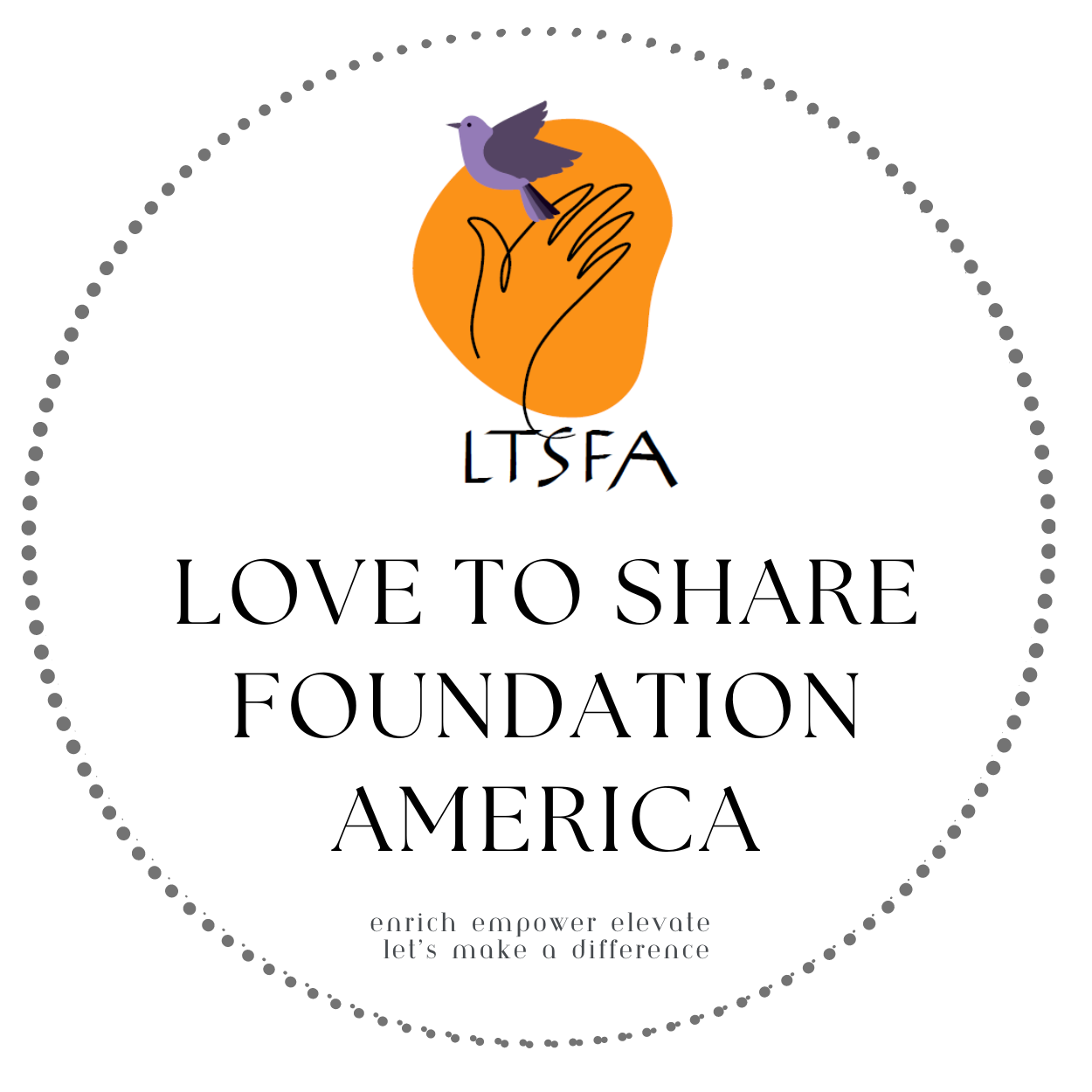‘Anchoring Anger’ Workshop in Bay Area,CA
11 people assembled at the Evergreen community library in San Jose, CA on Sunday morning, November 16th 2014 with a goal to gain better understanding on one of the most fundamental yet one of the most complicated and potentially harmful emotion – anger. The interactive 3 hour workshop was led by Mr M K Ramanujam from Love to Share Foundation of America.
He started off the session by asking the participants to reflect on their last anger episode and note down the cause that triggered it, the underlying emotion and on hindsight, how could the situation been handled. The participants used the episodes they had noted down throughout the workshop to try out the concepts that were taught.
He then explained how or what causes anger, how people express it (the aggressive stance shouting, arguing, throwing things or the passive aggressive stance- “silent treatment”) and what the effects of anger are on the individual as well as on people around him. He made the point here that, although anger gives a clue about some perceived deviation from expectation or sense of right and wrong, if left unchecked, the same anger could cloud one’s judgement and deviate him further from the original goal. However righteous the anger is, no good comes out of it.
He also mentioned that any situation had four choices: blaming self, blaming others, understanding one’s emotions or understanding emotions on both sides. Typically, people reacting to anger choose option 1 or 2. Mindfulness will get an individual to Option 3. Option 4 is a stretch goal that one can strive for after attaining Option 3.
He then gave a four step process on how to be mindful when one got angry. The four step are Observe, Feel, Need and Request (OFNR). The first step – Observe, involves taking a step back and analyzing the situation and trying to separate the event from the underlying cause that triggered the anger. The second step – Feel, is to understand the feelings(fear, hurt, pain.etc) that are coursing through oneself. The third step – Need, is to recognize the underlying unmet need that is getting projected as anger. The final step – Request, is to know how to place a polite request based on the observation, feelings and need combined with an actionable item and not a demand to the other person.
The participants were then divided into groups of two to practice these ideas. Finally, two volunteers who were comfortable sharing their anger episodes, were asked to do so to all the participants and the whole group discussed how the principles that were taught could be applied to the situation.
At 12 PM, the workshop concluded and lunch was served. All the participants left on a happy note having learned anger management!
